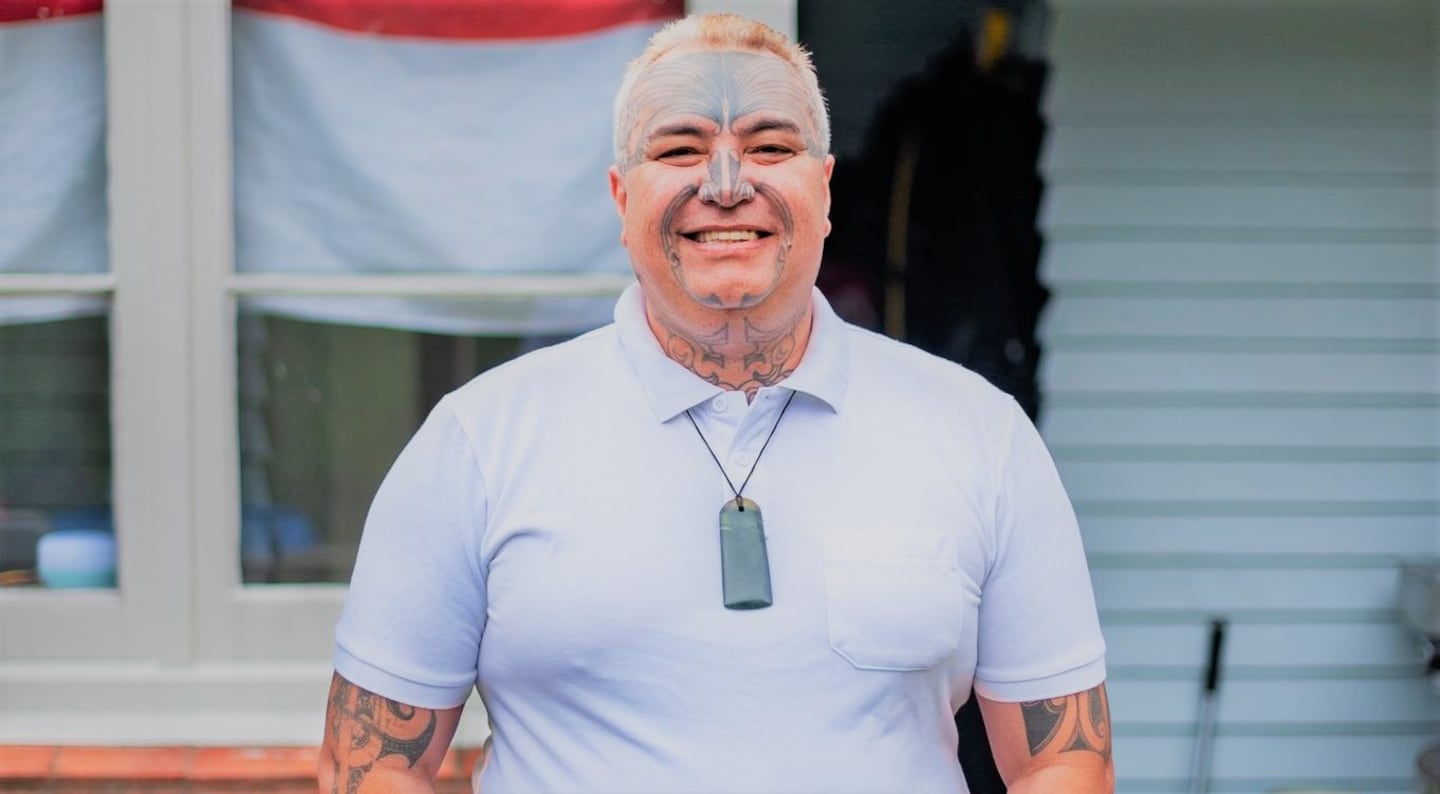OPINION: Successive governments have tried time and time again to address the ‘gang’ issue in Aotearoa.
Some have come close: Under a National government Waka Moemoea Trust was formed, resourced and successful in addressing one of the drivers of crime in the gang environment, methamphetamine). Others have fallen well short.
The current legislation is aimed at minimising the intimidation that gangs have on the public. There seems to be a belief that wearing a patch gives one a licence to peddle misery in our community.
While this might be true for some, it is definitely not true for the majority.
Intimidation is based on fear and it is a common human trait to fear the unknown. With that in mind, it is easy to understand the majority of mainstream New Zealanders have not engaged with or even seen a real gang member or patch in real life, other than what media has put into the public eye.
It is also fair to say that most if not all stories about gang members are based on criminal behaviour. This gives the uneducated the impression that every gang member is involved in crime.
While I understand this, I definitely do not agree with it.
The current legislation gives police the power to remove gang insignia from people if it is displayed in public places. It also gives police the power to disperse people suspected of being in a gang if their gathering will reasonably impede the public from going about their business.
This is very subjective, and I only hope that police can and will differentiate between whānau watching their whānau play sports or enjoying a BBQ on the beach from actual criminal behaviour. We can only wait and see.
It is good that police will be able to exercise discretion, and I only hope that will be exercised with a bit of common sense.
This is not to say police will be needed when criminal activity is taking place. But gone are the days where police had what they called gang liaison officers who were able to address any criminal behaviours without a negative impact on whānau.
There is a gang harm reduction team, that is playing a similar role today but even the name denotes an expectation that gangs and harm go hand in hand.
Having just read a piece authored by Danny Goddard, it is clear that not EVERY gang member is ill-intentioned and, indeed, some are the complete opposite. Gang whānau and communities are once again feeling isolated and ostracised by the very society they are a part of.
It is time for everyone to take a deep breath and ask themselves, ‘What can I do to make this world/community/country a better place for me and my whānau?’
The answer lies in the words spoken by the first Māori MP to speak in Parliament, Tareha Te Moananui: “There is good, and there is evil. Focus on that which is good, for good will ALWAYS overcome evil.”
Eugene Ryder (Ngāti Kahu, Ngāti Awa and Tūwharetoa ki Kawerau) has served as an ambassador and key contact with networks in the gang and wider community for the Royal Commission on the Abuse of Children in State Care and has worked as an advisor with several government departments.
He is a co-chair of the Survivors Experience Board and a kaitiaki on the Climate Commission’s Ināia Tonu Nei programme.
He has a bachelor’s degree in social work, is a kapa haka stalwart and is a dedicated husband and father.


